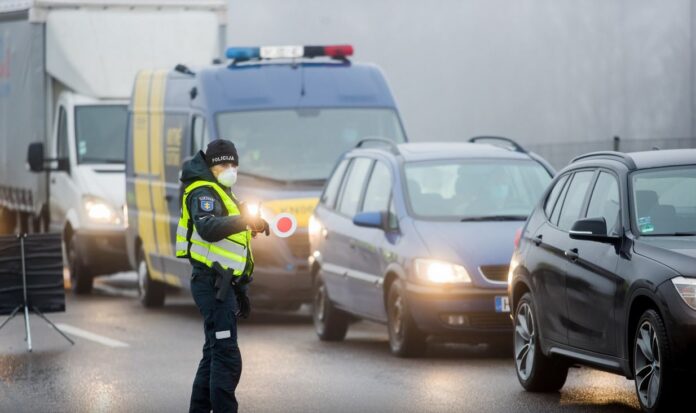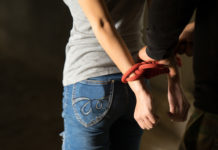
COVID-19 Spread Unrelenting
In Lithuania, and almost everywhere else in the world, the news this week once again focuses on COVID-19 and new restrictions that must be enforced to curtail its rise as hospitals reach capacity.
As of December 17, Lithuania registered 3,159 new coronavirus infections and another 30 deaths from COVID-19 over the previous 24 hours. About 1,669 people have been confirmed as having recovered from COVID-19 over that period. A total of 103,028 people tested positive for the coronavirus in Lithuania since the start of the pandemic. The country currently has 56,518 active cases and 45,113 recoveries. The coronavirus death toll has reached 933, and 464 infected people have died of other causes. A total of 1,461,923 tests for COVID-19 have been carried out in Lithuania so far, including 11,862 over the past 24 hours.
According to prime minister Ingrida Šimonytė, the high proportion of positive tests, nearly 20%, indicates that testing no longer shows anything about the real situation. “We just don’t know how many people are ill,” she said. The prime minister warned people to follow the lockdown rules or face a new wave of COVID-19 in January. Lithuania is currently one of the most severely coronavirus-affected countries in Europe and worldwide.
New Restrictions
The prime minister said that the Lithuanian government will propose to introduce a curfew if people fail to obey the current coronavirus restrictions on movement. A curfew may be imposed if the parliament declares a nationwide state of emergency. As part of tightened lockdown measures in place since Wednesday, December 16, non-essential stores have been closed and all non-essential travel has been banned. Under curfew, people would need special permission to leave their homes.
Lithuanians returning home from abroad for the holidays will be allowed to go to their place of residence, but will be prohibited from travelling between municipalities, Interior Minister Agne Bilotaite said on December 17. “They are not allowed to go anywhere else, meet anyone (outside the household), visit friends or invite them to their place,” she said.
Up to 50 military police officers will help police officers in Lithuania to ensure compliance with the existing tighter lockdown rules, the country’s Ministry of National Defense announced. The ministry also reports that some 70 volunteer soldiers are now helping the National Public Health Center, and 25 military personnel will provide assistance for the coronavirus hotline 1808 until Friday. All in all, over 4,000 volunteer and professional troops have been involved in the execution of tasks during the second COVID-19 wave.
Some 670 police crews will be on standby over the weekend across the country, and another 250 crew will be deployed to set-up control posts. On regular non-festive days, 750 police crews will be on standby, and some 60 additional police crew will work additionally and check movement lawfulness. The police will set up block posts near entries to cities over the upcoming weekend from 1 p.m. on December 18 until 21 p. m. on December 20. They will also be in place over the Christmas period from 1 p.m. on December 23 until 9 p.m. on December 27, and also over the New Year’s Eve period from 1 p.m. on December 31 until 9 p.m. on January 3.
Vaccines Coming in Late December
The European Commission announced that vaccination against the coronavirus should start on December 27, and Lithuanian President Gitanas Nauseda says Lithuania should adhere to this schedule. European Commission President Ursula von der Leyen notified EU members that the vaccines would be delivered to Lithuania and other EU member states by December 26.
Lithuania will proportionally get 0.6 percent of the first batch, i.e., several thousand doses. As other states, Lithuania will get a pre-agreed number of vaccines, calculated in proportion to its population, to ensure transparent distribution of the vaccines within the European Union. As soon as the vaccines is received, Lithuania will start vaccinating its citizens, said Nauseda.
The European Medicines Agency is expected to approve the Pfizer/BioNTech vaccine on December 21. In Lithuania, medical staff will be the first to be vaccinated, as well as people in the biggest risk group, which includes seniors. Health Minister Arunas Dulkys says Lithuania now plans to buy 7.2 million vaccine doses, adding that 65 million euros have been allocated for that purpose in next year’s budget.






























